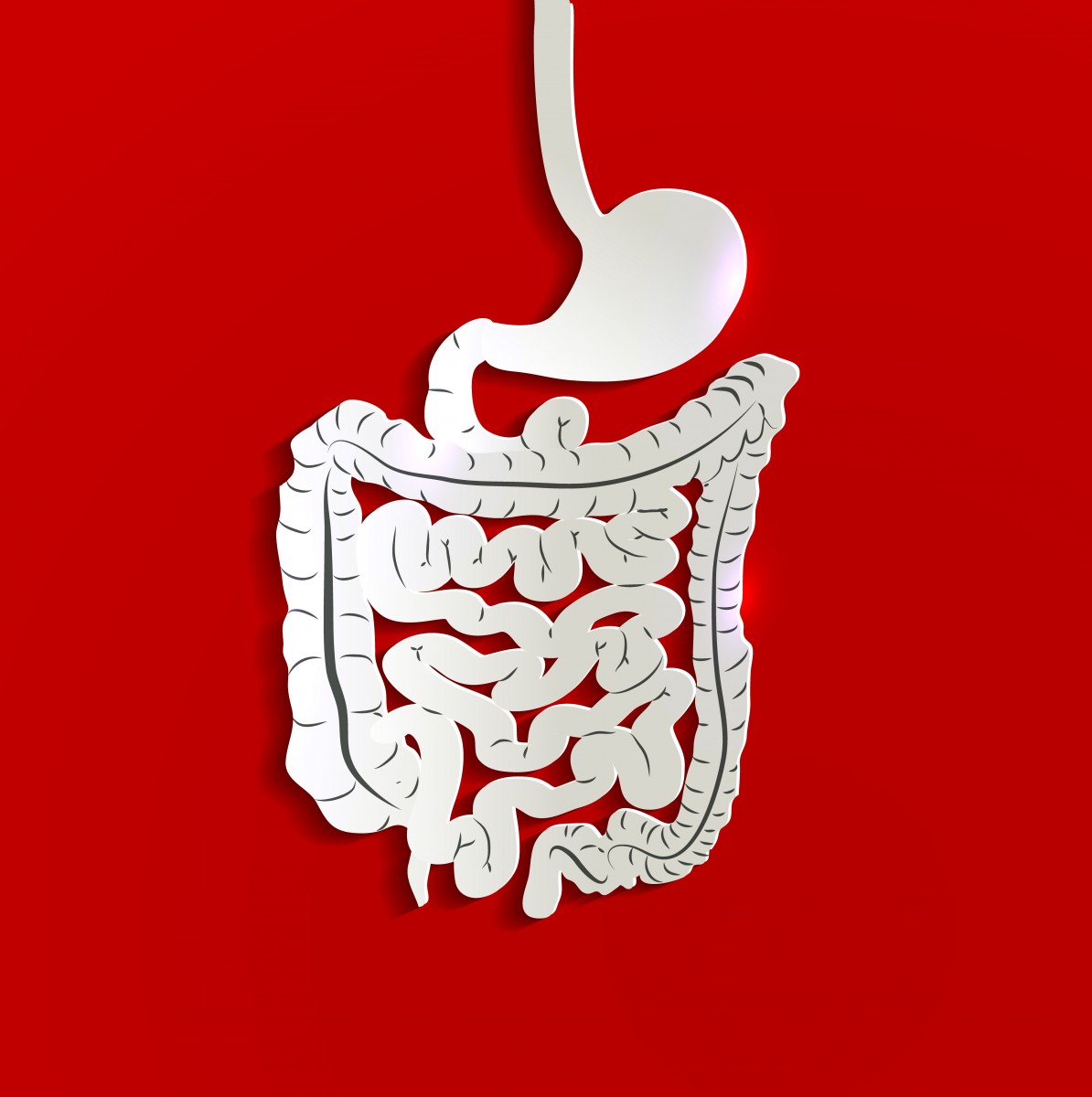Recently, researchers from the Institute of Food Research (IFR) released results from a study in which they discovered a previously unknown enzymatic activity of gut bacteria that could contribute to intestinal health and play a role in inflammatory bowel disease (IBD). The study entitled, “Discovery of intramolecular trans-sialidases in human gut microbiota suggests novel mechanisms of mucosal adaptation,” was published in the latest edition of Nature Communications.
Background Terminology:
- Enzymes: biological molecules (proteins) that act as catalysts and help complex reactions occur everywhere in life.
- Human microbiome: a mixture of microorganisms, that resides on the surface and in deep layers of skin (including in mammary glands), in the saliva and oral mucosa, in the conjunctiva, and in the gastrointestinal tracts. They include bacteria, fungi, and archaea.
- Biomarkers: short for biological markers, are the measures used to perform a clinical assessment- examples include blood pressure or cholesterol level, that are used to monitor and predict patient’s health status
Inflammatory bowel disease
IBD is a debilitating disease caused by chronic inflammation throughout all or part of a patient’s digestive tract. It includes:
- Ulcerative colitis (UC): causes long-lasting inflammation and sores (ulcers) in the innermost lining of the large intestine (colon) and rectum.
- Crohn’s disease (CD): causes inflammation of the lining of the digestive tract. In Crohn’s disease, inflammation often spreads deep into affected tissues. The inflammation can involve the large intestine, small intestine or both.
About This Study:
The study was conducted in the laboratory of Dr. Nathalie Juge, PhD, research leader at IFR’s Gut Health and Food Safety Program. Dr. Juge’s laboratory’s research aims are focused on understanding the molecular mechanisms underpinning gut bacteria-mucus interaction by using a combination of genomic, molecular and biochemical experimental techniques to answer questions such as ‘Does the mucus layer drive the composition of the microbial community along the GI tract? Does impairment of the mucus layer influence, or is it influenced by, bacterial colonization and immune status? Can we restore homeostasis by targeting the mucus layer?’
To answer those questions, Dr. Juge and her team compared the genome sequences of different strains of Ruminococcus gnavus (R. gnavus), a mucus-degrading bacteria that is found in higher quantities of the GI tracts of patients with IBD. The purpose of the comparison was to identify which genes were behind the bacteria’s mucus degrading abilities.
What they discovered was that R. gnavus was equipped with a special enzyme that gave them a competitive advantage for acquiring nutritional needs from GI tract mucosa and that this advantage allows them to proliferate unchecked and contributes to changes in the health of the gut microbiome that most likely leads to dysbiosis and IBD.
In an IFR press release about the study’s discovery, Dr. Juge explained, “Our study uncovers a previously unrecognized enzymatic activity in the gut microbiota, which may contribute to the adaptation of intestinal bacteria to the mucosal environment in health and disease. We think that this enzyme may help the bacteria to adapt to changes occurring in IBD patients’ mucosal environment and give these bacteria a competitive nutritional advantage over others.”
Dr. Juge stated that the next steps include determining the impact of these findings on the gut complex microbial community, in hopes of the findings being used to develop a better clinical biomarker for IBD.

